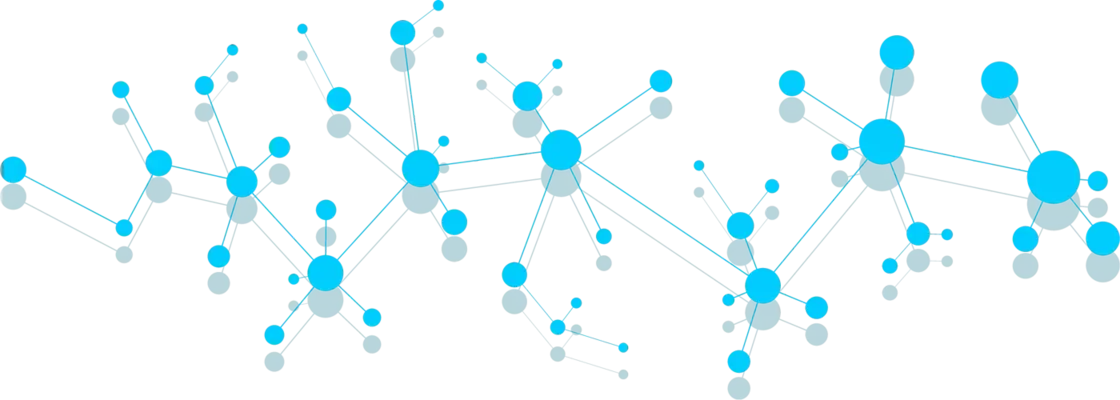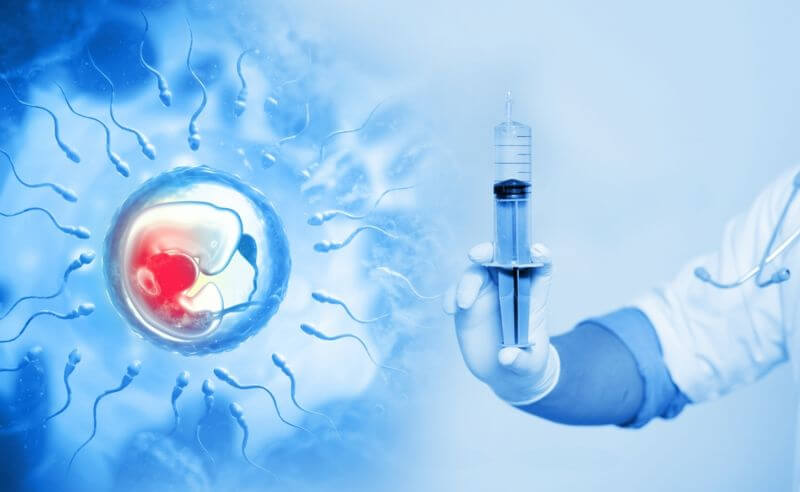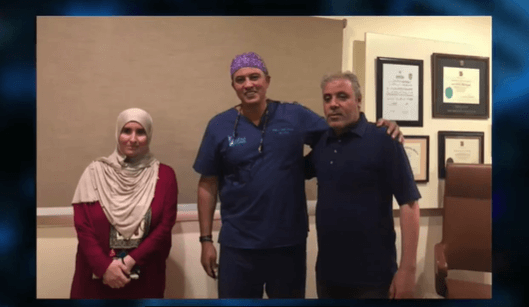Recurrent Miscarriage
Released at:Oct, 12 2023 •


Recurrent miscarriage is a very traumatic and difficult experience for pregnant women. The main concern of parents to be is always “could it happen again” the factors that contributed to it happening must be determined to prevent it from reoccurring in the future. An abortion or “miscarriage” is defined as loss of pregnancy before 23 weeks of pregnancy. A miscarriage that is repeated three or more consecutive times, is defined as "recurrent miscarriage "
What are the causes of repeated miscarriage and what can be done to prevent it?
Recurrent miscarriage
Women who have had an abortion 3 consecutive times or more are defined as recurrent abortion patients.
Sometimes the reasons are not entirely easy to pinpoint since there can be many factors leading to it occurring which makes preventing it in future pregnancies difficult Most women that have the problem of recurrent abortion and come to Bedaya Hospital eventually have continuing healthy pregnancies.
Diagnosis of repeated miscarriage
At Bedaya Hospital our team seeks to diagnose the factor or multiple factors that cause recurrent abortion. A protocol consisting of subsequent steps is thoroughly followed to reach a proper diagnosis and treat or do procedures accordingly
Recurrent miscarriage investigations
Bedaya Hospital provides a multidisciplinary team of doctors for the treatment of recurrent miscarriage. Our team has contributed in many international research papers and has developed a protocol that is systematic and effective in diagnosing the cause and treating it in future pregnancies.
The recurrent abortion clinic at Bedaya Hospital starts with a thorough medical history intake. The couple and their family’s medical histories are put under a microscope to pinpoint the cause or causes and prevent unnecessary expensive tests.
Recurrent miscarriage causes
The reasons for recurrent abortions consist of an array of different and complex mechanisms on cellular level. Some of them being;
1- Genetic factors, where a chromosomal translocation or imbalance in one or both parents causes repeated abortions.
2- Autoimmune disorders, where antibodies cause fetal death, leading to miscarriage.
3- Abnormalities in fetal development mainly neurological defects.
4- The inability for the uterus to carry a child to full-term due factors such as cervical insufficiency, uterine abnormalities and fibroids
5- Coagulation or blood clotting disorders, which cause miscarriage or premature birth.
6- Hormonal causes such as an insufficient production of progesterone by the corpus luteum in early pregnancy and in later pregnancy phases by the placenta.
7- Ageing (after the age of 36) the quality of the female oocytes starts to decline and contain more chromosomal anomalies increasing the chances of an abortion.
8- Bacterial or viral infections such as bacterial vaginosis. 9- Environmental reasons such as smoking, radiation exposure, chemotherapy, or usage of medications that are prohibited during pregnancy.
9- Continuous prolonged periods of stress.
Symptoms of repeated miscarriage
- An overall feeling of fatigue.
- Slightly elevated body temperature.
- An upset stomach or feeling you must vomit
- Lower abdominal pain and/or cramps.
- Back pain and/or cramps.
- Vaginal cramps.
- Vaginal discharge ranging from white to reddish
- Expelling clots
- Mild to severe vaginal bleeding
The risk of recurrent miscarriage
Most symptoms of abortion can be alleviated with medication, recurrent miscarriages however can have lasting negative effects;
Pelvic inflammatory disease (PID)
This is an infection of one or more of the pelvic reproductive organs if not treated correctly and on time it could cause infertility due to the formation of abscesses and adhesions.
Cervical weakness or Uterine damage
Surgeries removing the contents of a miscarriage are a simple procedure. This happening repeatedly however could negatively affect the uterus due to adhesions that could form (Ashermann syndrome) and repeated dilation of the cervix could lead to its weakness adding a factor to the initial factors of repeated abortion
Recurrent miscarriage treatment
Bedaya Hospitals’ integrated team of gynecologists, geneticists, andrologists, hematologists, internal medicine and vascular interventionists work together to pinpoint the problem and treat accordingly to prevent abortions in future pregnancies.
Factors that add to increased recurrent miscarriages rate
Elevated levels of prolactin in blood, chronic endometriosis, coronary artery disease, ovarian cancer and Diabetes.







